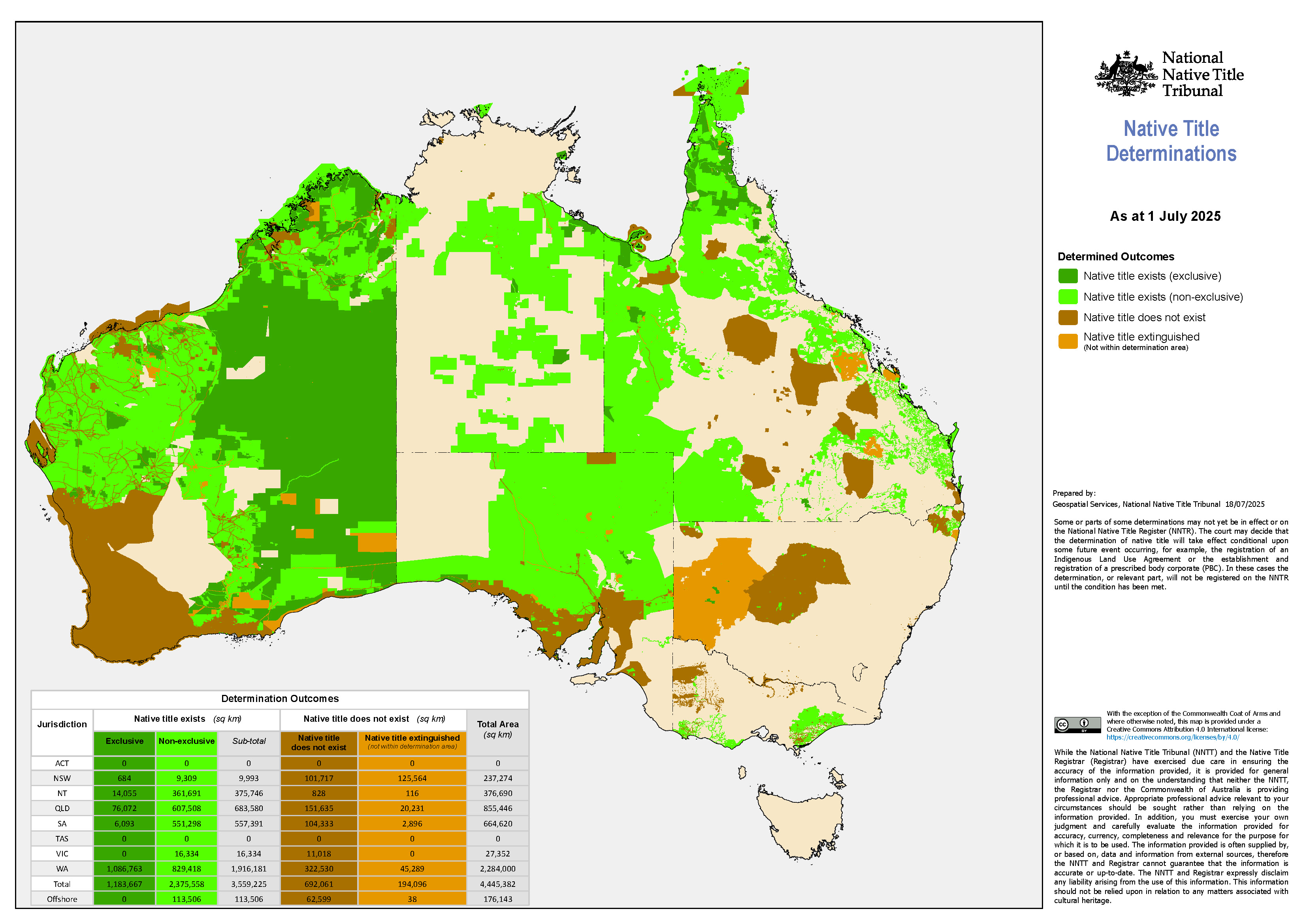At Garma, the Prime Minister said policy would be made with First Nations people, not for them. He spoke about partnership and shared decision-making. That promise now faces a simple test at the Treasurer's Economic Reform Roundtable in Canberra this week: who is invited to shape the recommendations, and what the record shows at day's end.
More than half of Australia is Native Title land, yet not one Traditional Owner organisation appears on the government's published invite lists. That is not a minor oversight. It is a serious missed opportunity that weakens this week's discussions before they begin.
The roundtable will not set policy. Its job is to develop advice on resilience, productivity, and the budget and tax system for ministers and departments to use in the months ahead. By design, it is about practical delivery across housing supply, clean energy and transmission, planning rules, and investment. Traditional Owner voices are relevant to each of these topics, not only to land access.
Start with the map. As at April 2025, Native Title determinations cover about 55 per cent of the continent. Most of that Country is in the regions where minerals are mined, water and energy assets are built, transmission lines and highways run, and where the next wave of renewable energy zones and rail lines would sit. Around half of Australia's critical minerals projects are on First Nations land. Decisions that ignore this reality do not speed things up; they create disputes, redesigns and delays.

Add the economics. Analysis prepared for ANZ with Deloitte indicates the First Nations economy could generate about $50 billion a year within a decade, built on recent average growth of 7.3 per cent in the five years to 2021 and new business formation at roughly four times the national rate. A national study finds Indigenous businesses already create $42.6 billion in social value each year, returning more than $3 of benefit for every $1 of revenue through better jobs, education, health and household wellbeing. There is much to learn from the commercial discipline and community wisdom of Indigenous businesses delivering at this scale.
Consider delivery. Approvals and water management decide whether regional projects start on time and hold together. Prescribed Bodies Corporate carry statutory responsibilities and local knowledge. Early involvement helps proponents avoid cultural places, design around known constraints and set timelines that can be met. Recognising First Nations interests in water in entitlements and local plans is essential for energy, mining and agriculture. Leaving water to the end pushes up risk and cost. These are operational facts.
This is why the absence matters. The roundtable's agenda ranges from global risks and competition to AI, skills, approvals and tax. Each of those areas intersects with Country in practical ways. Each benefits from the experience of organisations that negotiate agreements, build local workforces and run enterprises in the regions where projects actually happen. Excluding those organisations weakens the advice before it is written.
The Prime Minister set the standard at Garma. To meet it, inclusion must be visible this week in Canberra, in the room and in the public record. Traditional Owners and their representative bodies, who hold recognised rights over most of the land these recommendations will touch, should be heard directly and take part in the roundtable's discussions, not merely cited in submissions.
Australian taxpayers expect results that endure. Projects move faster, face fewer disputes and cost less when the people with legal rights over the land help shape them from the start. That strengthens regional economies, gives industry certainty and supports the national budget.
Much of Australia's future infrastructure — renewable zones, transmission lines, roads, rail and water projects — will be built on Native Title land. Put Traditional Owners at the centre of the conversation. Their voices should help shape the recommendations, and that involvement should be clear in the public record.
That is partnership in practice, and it is plain economic sense for the country.
Reece Harley, Managing Director, National Indigenous Times.
